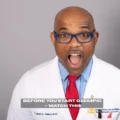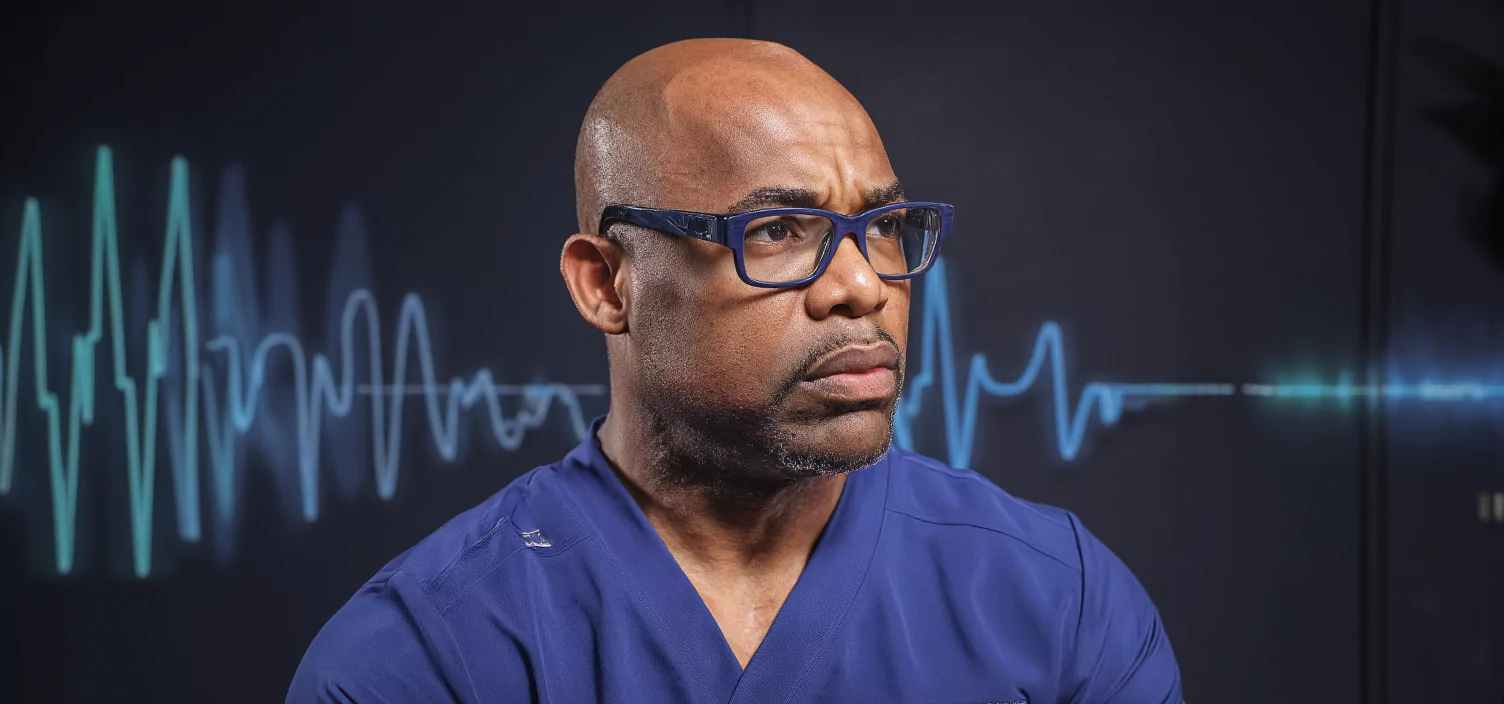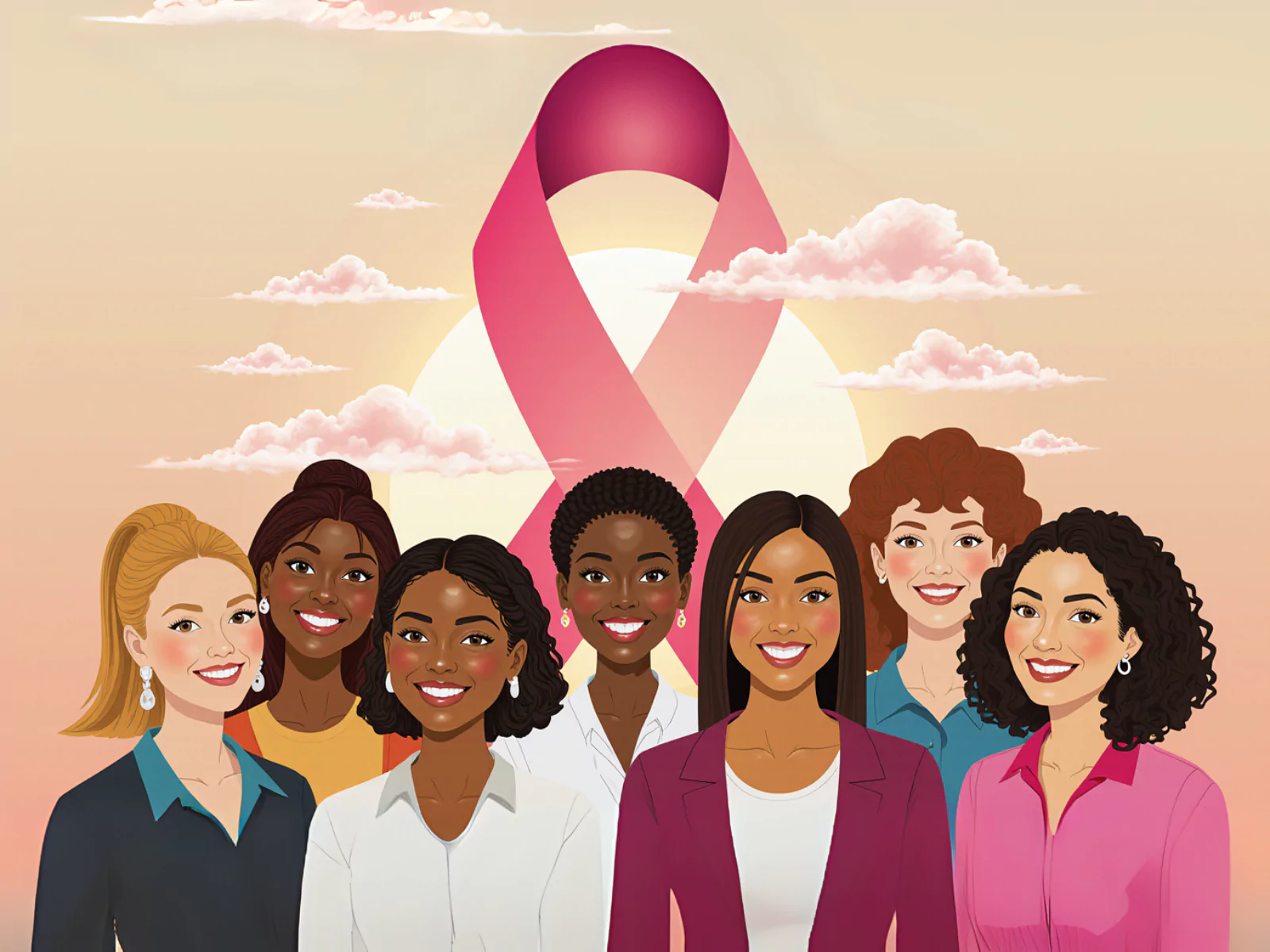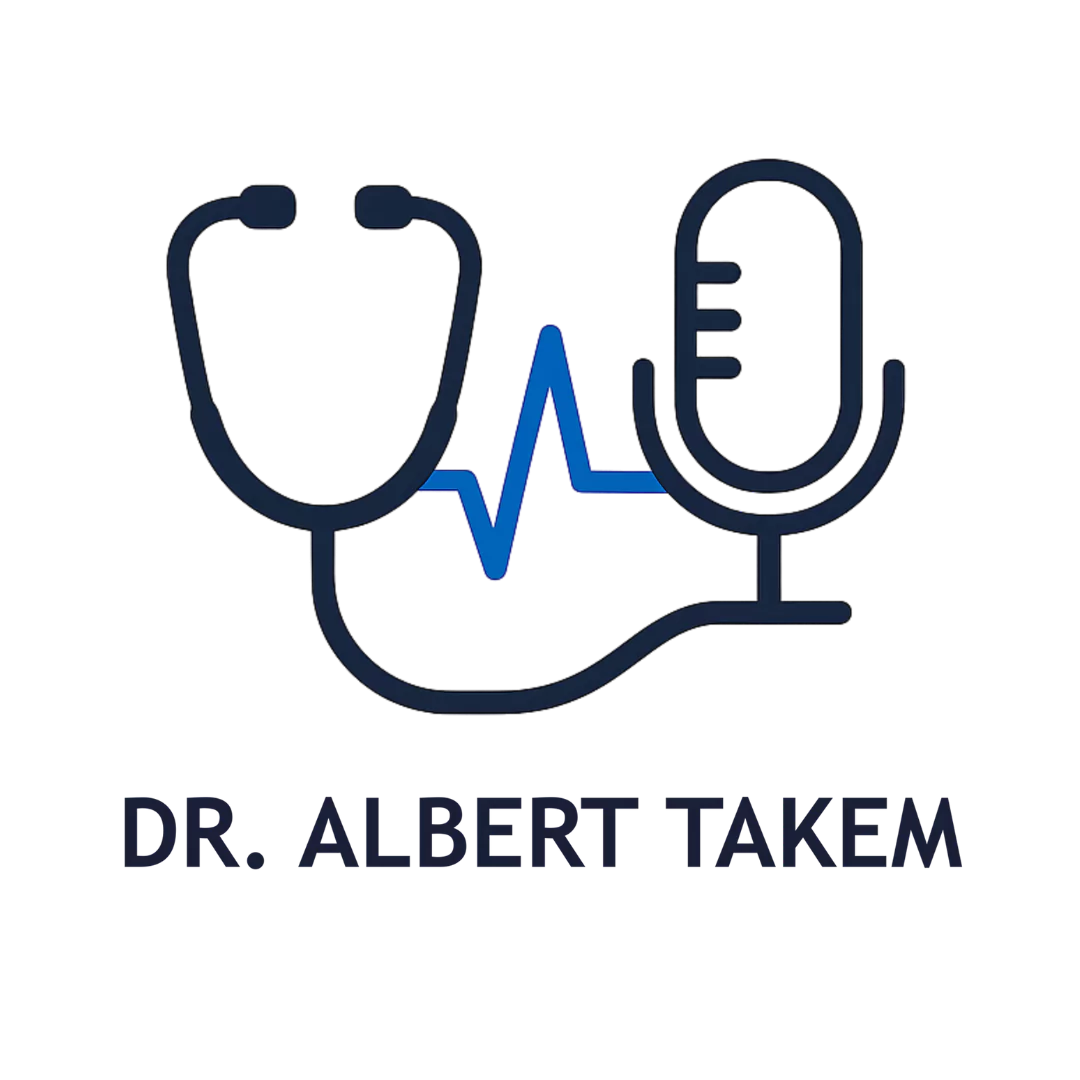Listeners:
Top listeners:
-
play_arrow
Why Most Health Outcomes Happen Outside The Clinic
-
play_arrow
GLP-1 anatomy explained
-
play_arrow
The ER Trap
-
play_arrow
Camila's Story
-
play_arrow
2 AM Lab Resolve Dilemma
-
 play_arrow
play_arrow
Before You Start Ozempic — Watch This

Breast Cancer Awareness: More Than Just a Pink Ribbon
Cancer MonamiTeam November 3, 2022

Introduction
Breast cancer remains one of the most commonly diagnosed cancers worldwide, especially among women. However, its impact extends far beyond numbers—it affects families, communities, and societies. From prevention and early detection to advocacy and lasting support, awareness must go beyond symbolic gestures. In this article, we explore why meaningful awareness matters year-round, not just during Breast Cancer Awareness Month.
1. The Scope of the Challenge
-
In 2025, around 316,950 women in the U.S. are expected to be diagnosed with invasive breast cancer, with an additional 59,080 cases of non‑invasive (DCIS) diagnoses Breastcancer.org+1.
-
Tragically, about 42,170 women will succumb to the disease this year Breastcancer.org.
-
Globally, in 2020, there were approximately 2.3 million new cases and 685,000 deaths from breast cancer, underlining its worldwide burden Wikipedia+8Frontiers+8Wikipedia+8.
-
Yet, when caught early, localized breast cancer shows a 5-year survival rate exceeding 99% Parents+6American Cancer Society+6National Breast Cancer Foundation+6.
2. Prevention: The First and Best Defense
Lifestyle Changes
-
Modifiable lifestyle factors play a significant role: maintaining a healthy weight, engaging in regular physical activity, limiting alcohol consumption, and breastfeeding all help lower breast cancer risk MDPI+15Wikipedia+15Frontiers+15.
-
Indeed, these changes may prevent up to 38% of breast cancers in the U.S., with similar potential impact in other countries Wikipedia.
Genetic Awareness & Action
-
Around 5–10% of breast cancers are due to inherited gene mutations (e.g., BRCA1/2) Wikipedia+1.
-
Angelina Jolie’s public BRCA1 revelation sparked global awareness about genetic risk and prevention The Australian.
-
Organizations like Sharsheret offer tailored support and promote genetic testing, especially within high-risk communities PMC+7Wikipedia+7The Australian+7.
3. Early Detection Saves Lives
Screening Tools & Advances
-
Regular mammograms, ultrasounds, MRI, and other imaging tests are vital for early detection—even before symptoms appear American Cancer Society+2Wikipedia+2.
-
Cutting-edge technologies—like liquid biopsies, AI imaging, and VOC detection—are enhancing early detection capabilities, potentially reducing the need for aggressive treatments The Sun.
-
Early detection also reduces financial and emotional strain by permitting less invasive interventions Frontiers.
Impact of Screening Programs
-
Awareness campaigns can significantly reduce mortality—some studies show up to a 20% drop in breast cancer deaths when public awareness increases Frontiers+3JMIR Cancer+3American Cancer Society+3.
-
When informed about early detection benefits, 73% of people are more likely to schedule cancer screenings Prevent Cancer Foundation.
Recognizing Subtle Symptoms
-
Beyond lumps, symptoms such as nipple inversion, discharge, skin changes (like orange peel appearance), unexplained pain, and armpit swelling should prompt medical evaluation Wikipedia+2The Times of India+2.
-
Meghan McCain recently shared how a benign biopsy underscored the importance of routine mammograms and awareness—even among younger women People.com.
4. Awareness Campaigns: Beyond Symbolism
The Pink Ribbon & Potential Pitfalls
-
While the pink ribbon has become an iconic symbol of awareness, some companies engage in “pinkwashing”—using the symbol for marketing without meaningful contributions or even while promoting harmful products Wikipedia.
Community-Driven Events
-
Making Strides Against Breast Cancer, held annually by the American Cancer Society, raises millions through walks that also educate and unify communities Wikipedia.
-
Grassroots efforts like #CheckYourSelfie and “I Love Boobies!” from the Keep a Breast Foundation engage younger audiences through creative, relatable campaigns Wikipedia.
5. Year-Round Awareness: Why It Matters
-
Breast cancer doesn’t take a break after October—neither should awareness or action.
-
Individuals need to stay informed on lifestyle, genetic risk, and regular screening; healthcare systems must maintain access year‑round.
-
Sharing survivor stories and maintaining dialogue keeps the issue visible and breaks stigma.
-
Policy and funding priorities, research, and support services demand continuous advocacy—not just seasonal attention.
Action Steps: What You Can Do Today
-
Live smart: Stay active, eat well, avoid excessive alcohol, and consider breastfeeding if possible.
-
Educate yourself: Learn about family history and discuss genetic testing with healthcare professionals if relevant.
-
Screen early and regularly: Women aged 40+ should start annual mammograms, or earlier if advised by a doctor New York Post.
-
Know the signs: Be alert to non-lump symptoms and don’t delay medical evaluation.
-
Support meaningful campaigns: Participate in or donate to organizations that provide direct community impact.
-
Talk openly: Sharing knowledge and experiences helps break stigma and motivates others to act.
External Resources
-
For statistics and facts: BreastCancer.org’s 2025 data Breastcancer.org
-
For early detection guidance and screening details: American Cancer Society American Cancer Society
-
For prevention tips and lifestyle guidance: Cancer.gov’s Prevention PDQ cancer.gov
-
For global diagnostic advances: Frontiers in Oncology article, 2025 Frontiers
-
For awareness campaign insights: JMIR study on awareness impact, 2024 JMIR Cancer
SEO-Friendly Elements
-
Title: Breast Cancer Awareness: More Than Just a Pink Ribbon
-
Keywords: breast cancer awareness, prevention, early detection, year-round campaigns, pink ribbon
-
Headers: Divided by topics (prevention, early detection, campaigns, call to action) for readability
-
Internal links: (If applicable) To your site’s “Risk Factors,” “Screening Guidelines,” and “Campaigns” pages
-
External links: Credible sources added for authority and SEO type “dofollow”
-
Meta description snippet:
Discover why breast cancer awareness must go beyond symbols—learn how prevention, early detection, and meaningful campaigns make a real impact 365 days a year.
Search
Latest tags
Blog News
Premium Podcasts
We tackle the health topics no one else wants to touch
—From obesity and high blood pressure
—To emotional eating and medication resistance
—To cultural myths that keep people sick
My mission is to deliver evidence-based truth—no sugarcoating, culture-aware, and guided by medicine.
Popular Links
© Dr Albert Takem

